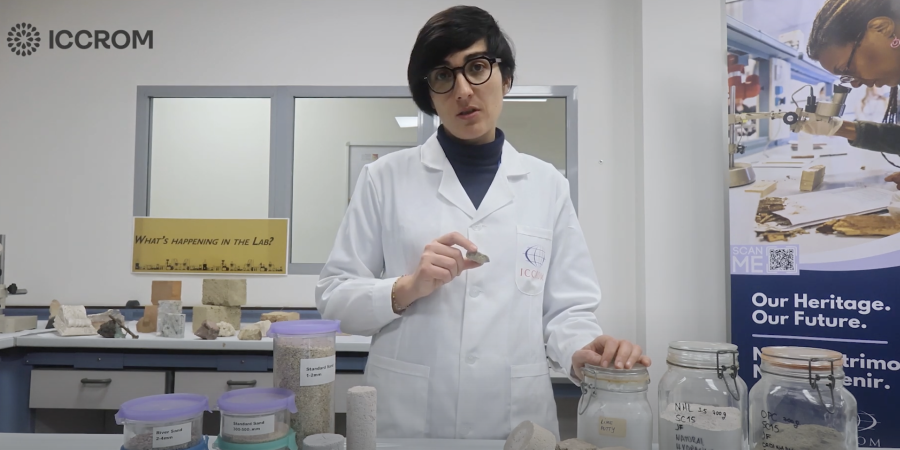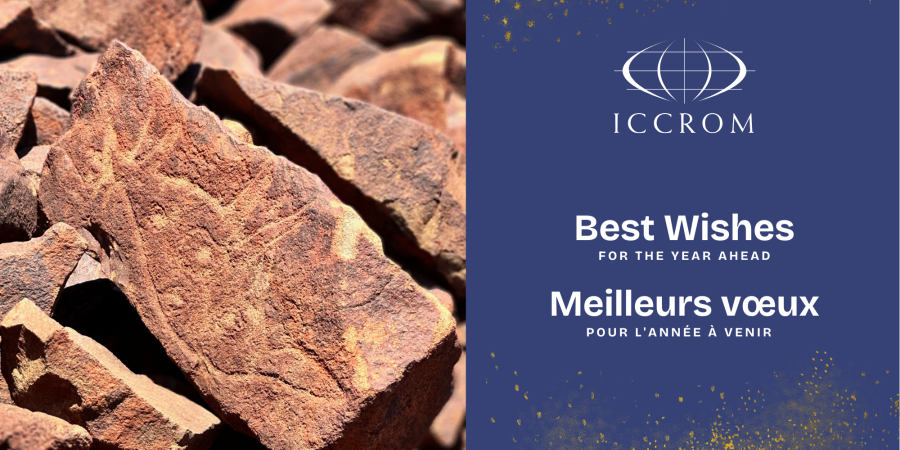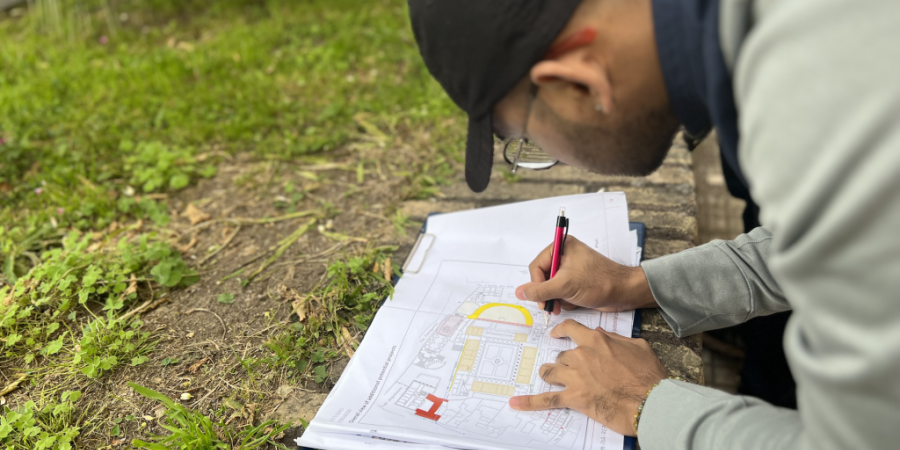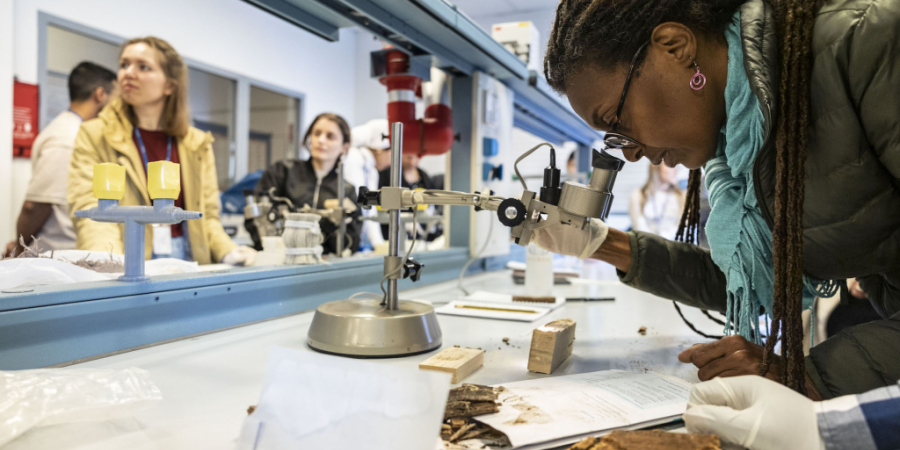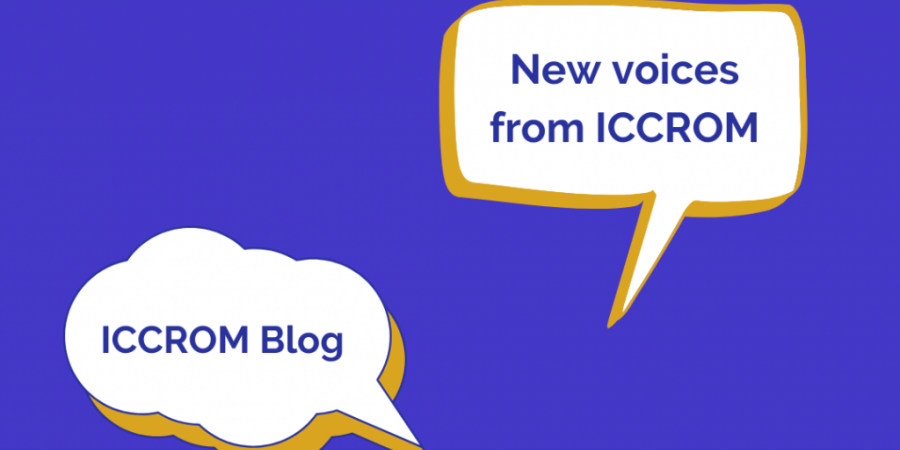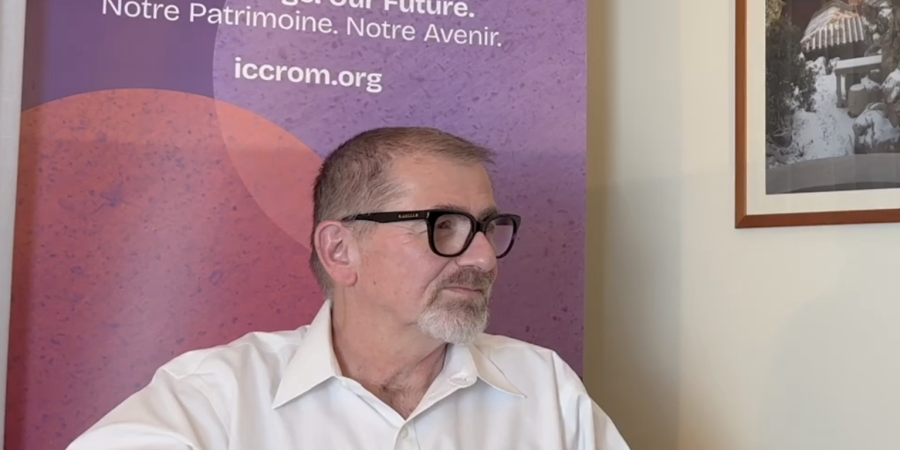
A journey in Heritage Conservation: Frank Matero’s Reflections on ICCROM and the Evolving Field
We recently had the pleasure of sitting down with Frank Matero, a leading figure in heritage conservation, to discuss his long-standing relationship with ICCROM and the evolving challenges of preserving cultural heritage. Frank’s journey spans decades of teaching — notably in the Department of Historic Preservation at the Stuart Weitzman School of Design, University of Pennsylvania — in addition...



